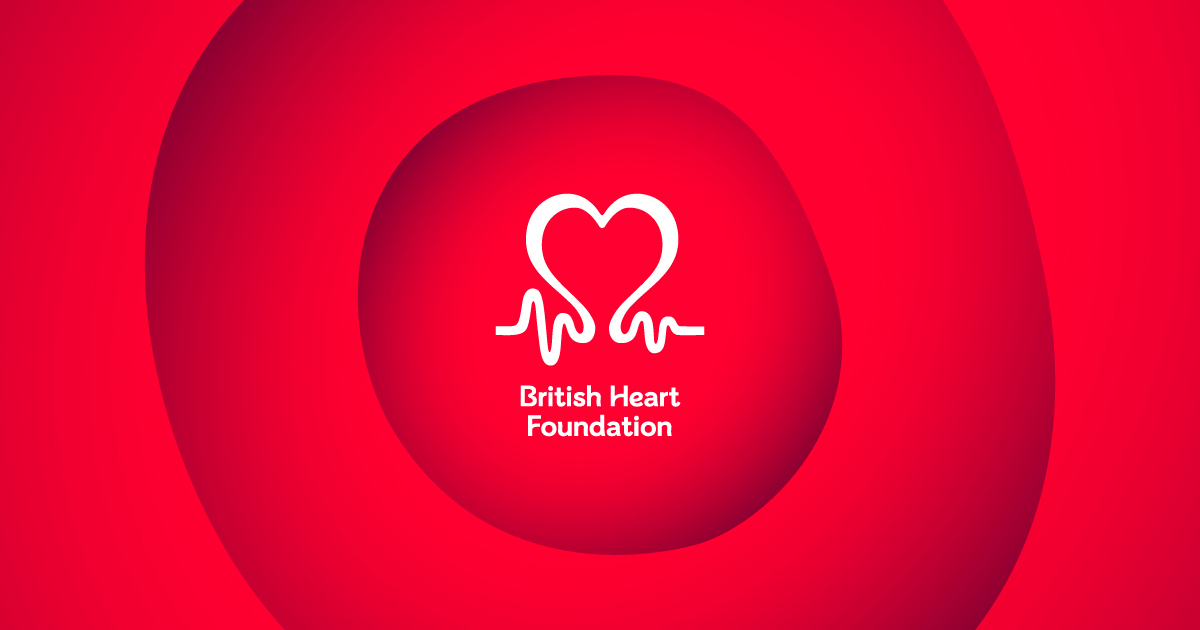Your body contains a network of blood vessels, from large arteries and veins to microscopic capillaries, with your heart at its centre. Blood vessels deliver oxygen and all the other essential chemicals to every tissue and cell in your body. That means that if anything goes wrong with this network, there can be serious consequences.
Diabetes is a lifelong condition which leads to high levels of sugar in the blood and affects millions of people in the UK. If you have diabetes and are not treated early to control it you are at a higher risk of heart disease, blindness and limb amputation (lower limb amputations in the UK are most commonly due to diabetes). These complications of diabetes are due to damage caused particularly to small blood vessels, in part by high blood sugar levels.
Reducing blood vessel damage
BHF Professor Mark Kearney leads a team in Leeds devoted to preventing or treating the devastating consequences of blood vessel damage in diabetes. Diabetes impairs the body’s ability to make or respond to insulin, which is needed to promote the uptake of sugar – a major source of energy – from the blood into cells and tissues where it is needed. Professor Kearney’s research has identified new ways to restore the ability of blood vessel cells to respond to insulin, from which he is currently developing new approaches to treatment of patients.
In another approach, Professor Andriana Margariti at the University of Belfast has discovered in 2020 a variant form of a gene called QKI-7 that increases the risk of blood vessels becoming damaged by high blood sugar levels. Developing a drug to stop the effects of QKI-7 could be another way to prevent blood vessel damage experienced by those with diabetes.
Growing new blood vessels
Peripheral arterial disease is when blood vessels in your legs and feet are damaged and get blocked, so they don’t get the blood supply they need. It’s relatively common, especially in those over 60 with diabetes. The most severe form is critical limb ischaemia, which is very painful and can lead to amputation.
Several research groups have explored whether local injection of immune cells that can stimulate new blood vessel growth (called macrophages) may be able to help patients with critical limb ischaemia, but with little success, probably because the injected cells don’t survive well. Professor Bijan Modarai, vascular surgeon and BHF Senior Fellow at King’s College London, is pioneering a new approach to this, by injecting the cells inside “microcapsules”. When tested in mouse models in 2019, this successfully prolongs the lifespan of the cells and does induce new blood vessel formation that increases blood flow in the lower leg. It is hoped that this will lead to clinical trials to help patients with this severe and very poorly treatable condition.
First published 1st June 2021


